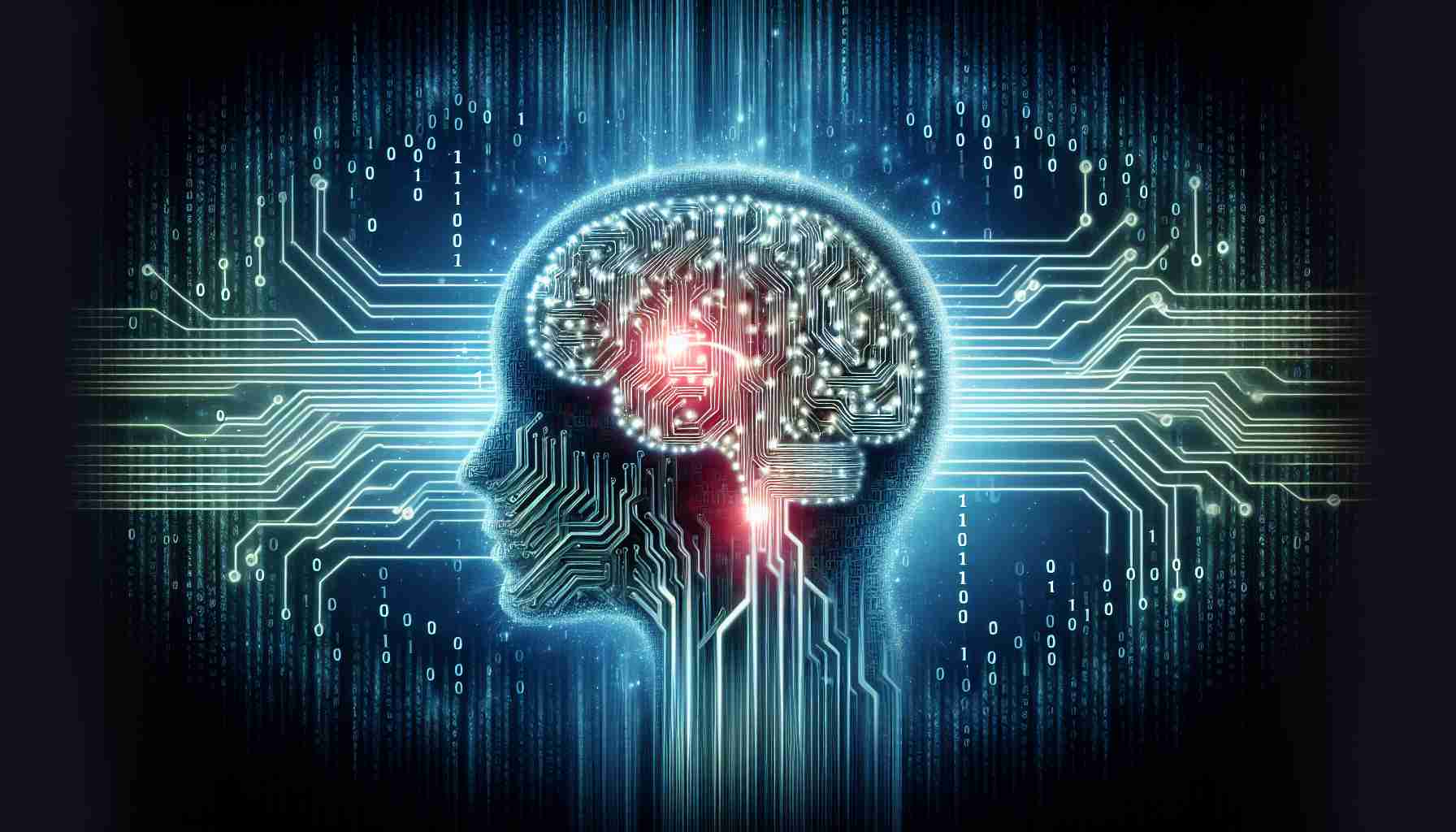Artificial intelligence (AI) continues to advance at an unprecedented pace, prompting discussions regarding job security and online safety. One of the most influential figures in the tech industry, Elon Musk, has shared his insight on when AI will reach its peak. According to Musk, AI will likely surpass the intelligence of any individual human by next year, and by 2029, it may even surpass the collective intelligence of all humans. This prediction aligns with the views of renowned computer scientist Ray Kurzweil, who also believes that AI will match human capabilities by 2029.
Kurzweil’s prediction was initially met with skepticism. He recalls presenting the idea in 1999 and people dismissing it as crazy. Even a conference held at Stanford University to discuss his forecast doubted its feasibility, suggesting it would take a whole century to achieve. Yet, as AI continues its rapid progress, experts are starting to accept the likelihood of these predictions.
Ian Beacraft, an expert from Signal & Cipher, has also voiced his thoughts on AI during this year’s South by Southwest (SXSW) conference. Beacraft believes that in just a few years, AI will become so ubiquitous that we will talk about it in the same way we currently discuss digital technology. According to him, AI will be integrated into our lives to an extent where it becomes the norm.
Addressing concerns about job displacement, Beacraft acknowledges the validity of these worries. He even goes further to suggest that the current systems of work are flawed and need to be reevaluated. He emphasizes that while jobs may become obsolete, work will continue to exist. This implies that the traditional understanding of employment may undergo significant changes, presenting new opportunities and challenges in the future.
As AI evolves, the impact on various industries and society as a whole will be profound. While there are concerns surrounding job security, it is important to recognize that AI can also create new avenues for innovation and productivity. The key lies in adapting to this transformative technology and embracing the opportunities it presents.
Frequently Asked Questions
What is artificial intelligence (AI)?
AI refers to the development of computer systems capable of performing tasks that typically require human intelligence. This includes tasks such as speech recognition, visual perception, problem-solving, and decision-making.
What are the potential risks associated with AI?
The rapid development of AI raises concerns about job displacement as machines become capable of performing tasks currently done by humans. There are also concerns regarding privacy and the ethical impact of AI on society.
How can individuals prepare for the rise of AI?
To prepare for the increasing presence of AI, individuals can focus on developing skills that complement AI technologies, such as problem-solving, creative thinking, and emotional intelligence. It is also crucial to stay informed about AI advancements and their potential impact on various industries.
Sources:
– Elon Musk’s Twitter: https://twitter.com/elonmusk
– Ray Kurzweil on Joe Rogan Podcast: https://www.youtube.com/watch?v=HLENWxB9SdM
– South by Southwest (SXSW) conference: https://www.sxsw.com/
Artificial intelligence (AI) has become a major topic of discussion in recent years, with its rapid advancement and potential impact on various industries and society as a whole. Industry experts, such as Elon Musk and Ray Kurzweil, have made bold predictions about the future of AI, suggesting that it will surpass human intelligence in the coming years.
Elon Musk, a prominent figure in the tech industry and CEO of companies like Tesla and SpaceX, believes that AI will surpass the intelligence of any individual human by next year. Furthermore, he predicts that AI may even surpass the collective intelligence of all humans by 2029. This view is shared by Ray Kurzweil, a renowned computer scientist, who has long argued that AI will match human capabilities by 2029.
Despite initial skepticism, these predictions are gaining acceptance as AI continues to make significant strides. Industry experts like Ian Beacraft, from Signal & Cipher, believe that AI will become so ubiquitous in the near future that it will become a normal part of our lives, just like digital technology is today. The integration of AI into various aspects of our society will bring about significant changes and opportunities.
However, concerns about job displacement and job security arise as AI develops further. Beacraft acknowledges these concerns and suggests that the current systems of work are flawed and need to be reevaluated. While jobs may become obsolete due to automation, work will still exist. This implies that traditional employment models may undergo significant changes, requiring individuals and industries to adapt to the new landscape.
Despite these concerns, it is important to recognize that AI can also create new avenues for innovation and productivity. As AI becomes more prevalent, industries will need to find ways to leverage its potential and embrace the opportunities it presents. Adapting to this transformative technology will be crucial for individuals and organizations to thrive in the future.
In conclusion, AI continues to advance at an unprecedented pace, with predictions suggesting that it will surpass human intelligence within the next decade. While there are concerns about job displacement, it is essential to recognize the potential opportunities and challenges that AI brings to various industries. Adapting to this transformative technology and developing complementary skills will be crucial for individuals and organizations to stay ahead in the evolving landscape.
The source of the article is from the blog smartphonemagazine.nl

